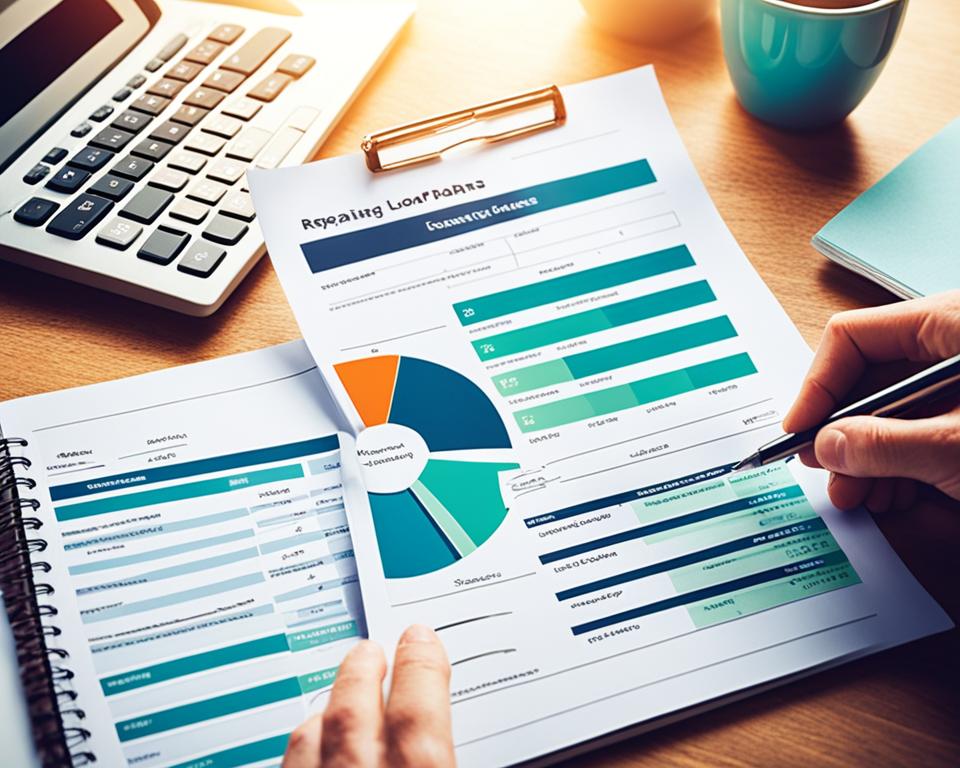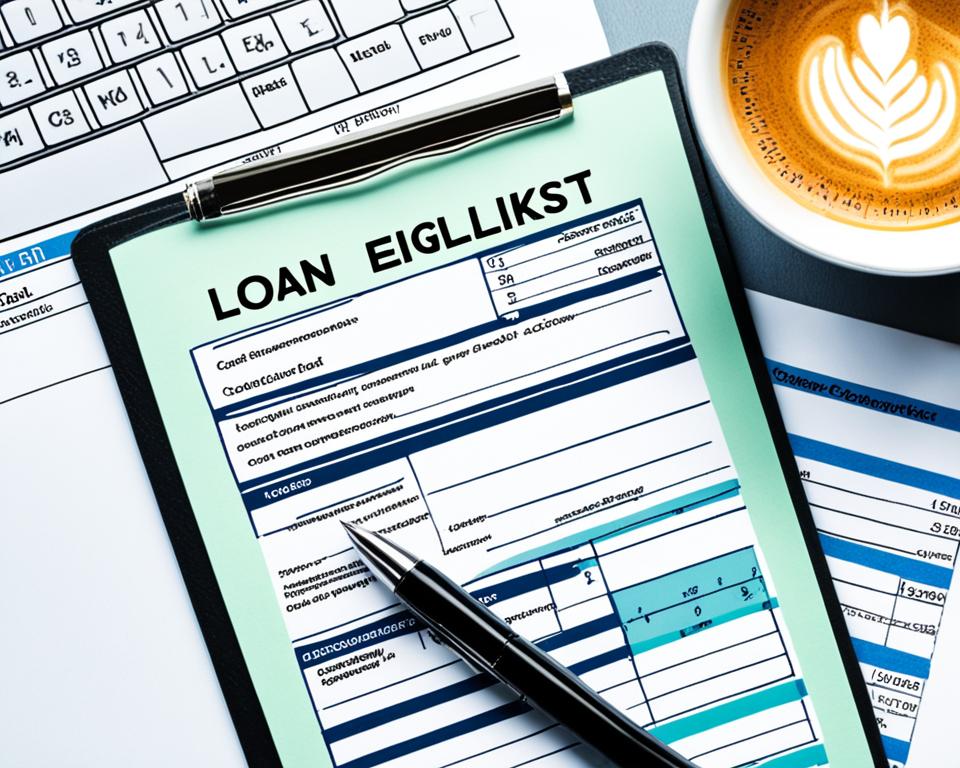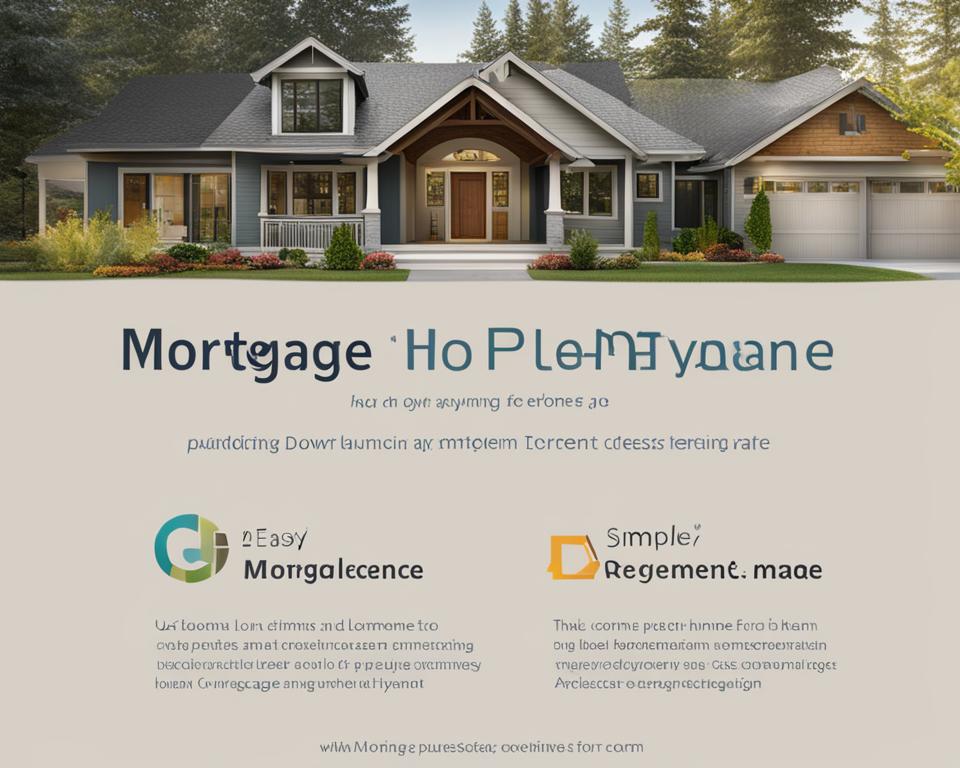How much should you put down on a house?
When it comes to purchasing a house, one crucial factor to consider is the amount of money you should put down as a down payment.
The down payment is the initial payment you make towards the total cost of the house, and it plays a significant role in determining the terms of your mortgage and overall affordability. Generally, a larger down payment is seen as more favorable by lenders, as it reduces the risk associated with the loan.
Most financial experts recommend putting down at least 20% of the home’s purchase price as a down payment. This percentage is often considered the benchmark because it allows you to avoid private mortgage insurance (PMI), an additional monthly cost that protects the lender in case you default on your mortgage. Additionally, a 20% down payment demonstrates to lenders that you have a vested interest in the property and are more likely to meet your financial obligations. However, it’s essential to remember that the 20% guideline is not set in stone, and there are other options available for those who may not have the means to put down such a significant amount of money upfront.




